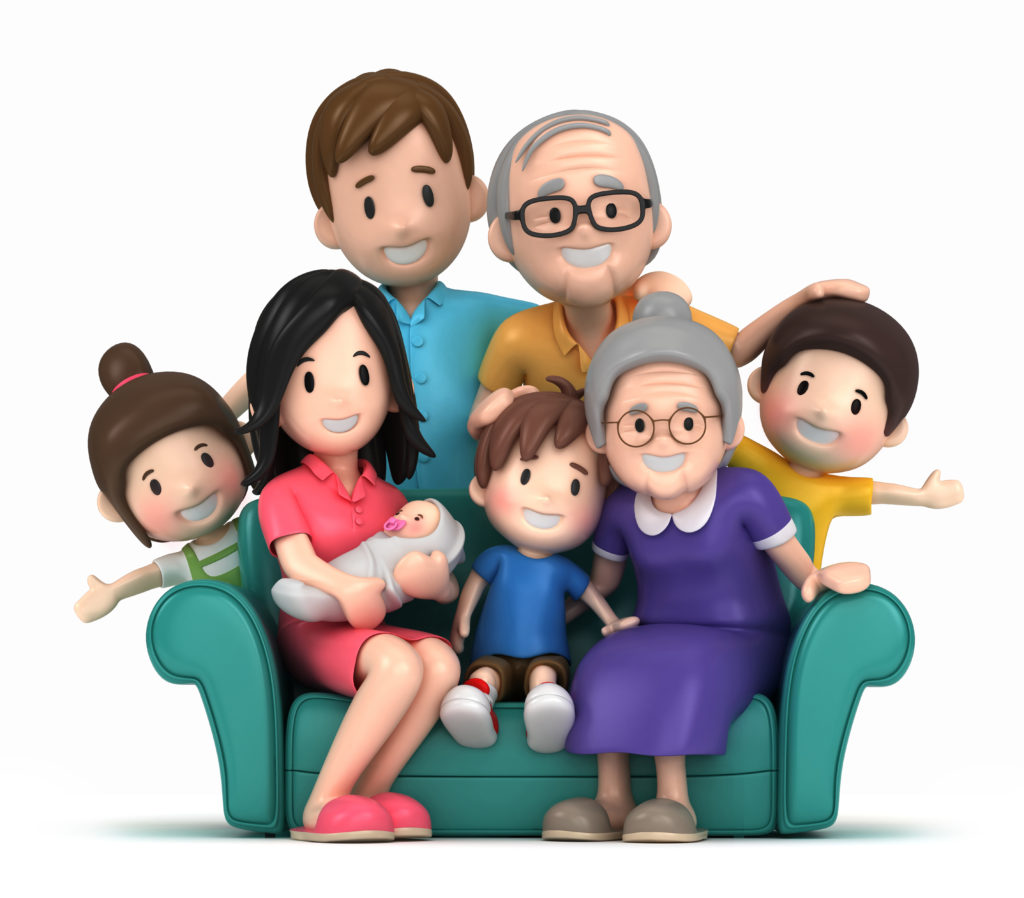English Verbal Cues That Make You Sound Like a Native
English isn’t just about grammar and vocabulary—it’s also about how you react and respond in everyday conversation. These little phrases, called verbal cues, help you sound natural when you’re talking, listening, agreeing, or even surprised. Here are some of the most common ones kids can start using in conversations today:
GOOD NEWS or EXCITEMENT
Use these words when something fun or positive happens:
- Wow, Great, Cool, Wonderful, Terrific, Fabulous, Excellent, Fantastic, Awesome
- “Good for you!”
- “Congratulations!”
SURPRISE or SHOCK
Use these when you’re surprised or amazed:
- Wow, Really?, No kidding?, OMG, Gosh, Son of a gun, You gotta be kidding me, Unbelievable, Get out of here!, Holy cow, Oh my goodness, That’s incredible!
DISAGREEMENT or DISBELIEF
Use these to show you don’t agree or you’re shocked:
- Well…, I don’t think so, That’s crazy, Ridiculous, No way, Are you sure?, Are you for real?, That’s nonsense, Insane, Not a chance, What are you talking about?, Are you out of your mind?, Are you serious?
LISTENING or AGREEING
Use these when you’re listening carefully or agreeing with someone:
- I see, Right, OK, Hmm, Yeah, Uh huh, Yep, Yes
- Got it, I understand, I hear you, I see your point
- Exactly, Absolutely, Precisely, By all means, That’s true, I agree, Totally, Definitely
BAD NEWS or SYMPATHY
Use these when something sad or bad happens:
- That’s too bad, Dang, That’s so sad, Terrible, Awful, OMG, I’m shocked, Sorry about that, Be careful, Oh no, Sorry about your luck
I DON’T UNDERSTAND
Use these when you didn’t hear or don’t understand:
- Come again?, Can you say that again?, Sorry?, Pardon?, What?, Didn’t quite catch that, You’ll have to excuse me, What did you mean?
Dinolingo helps children learn not just words, but how to use them in real-life conversations. With fun videos, stories, and games, kids naturally pick up everyday expressions and become confident speakers in English.



